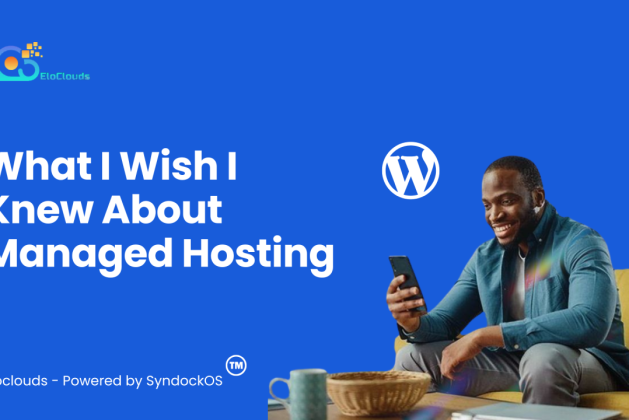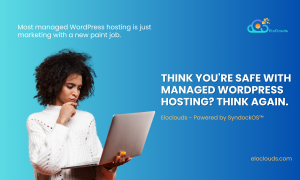It was 6:17 AM when my phone started buzzing uncontrollably.
Twelve client messages. Three missed calls. And an inbox filling with order failures.
My six-figure eCommerce WordPress site wasn’t just glitching—it had completely flatlined during our biggest product launch of the year. Every minute of downtime was burning through thousands in potential revenue.
My developer was unreachable. My hosting provider’s “24/7 support” consisted of a ticket with a 48-hour response window. And my backup? Three weeks old and stored on the same server that just crashed.
This disaster taught me the hard way what true managed WordPress hosting should look like—and why it’s not just another expense, but crucial business infrastructure.
The False Economy of Cheap Hosting
When I first launched my eCommerce site, I did what most businesses do—I optimized for cost. After all, isn’t hosting just hosting? That $7.99/month shared hosting plan seemed like smart budgeting at the time.
What I didn’t understand was the profound difference between:
Shared Hosting: Where hundreds of websites compete for limited server resources, your site neighbors can crash your performance, and “support” means joining a long queue for basic assistance.
True Managed Hosting: Where your WordPress site runs on optimized infrastructure with dedicated resources, proactive monitoring prevents most issues before they happen, and actual WordPress experts are available within minutes.
The price difference seemed significant at first. But after calculating the cost of my site crash—lost sales, emergency developer fees, and damaged customer trust—I realized I hadn’t been saving money at all. I was just deferring an inevitable, much larger cost.
What Real Managed WordPress Hosting Actually Does
After my site disaster, I switched to a true managed WordPress host (which I now know should have been my choice from day one). The difference was immediately apparent in three critical areas:
1. Proactive System Management
My new host’s system automatically detected plugin conflicts, resource spikes, and malware attempts before they affected site performance. Instead of reacting to crashes, their system prevented them entirely.
2. Meaningful Backup Systems
Daily automatic backups stored off-server with one-click restoration meant no more panic when something went wrong. When a rogue plugin update broke our checkout process months later, we restored to a working version in under 3 minutes.
3. Expert Support Within Minutes
The first time I contacted support after switching, I was connected to a senior WordPress specialist in under 60 seconds. Not a general tech support agent reading from a script—but someone who immediately understood our specific configuration and resolved our issue in one conversation.
The Second Launch: A Different Story
Six months after the crash, we scheduled another major product launch. But this time, with our site on EloCloud’s SynDockOSTM managed WordPress platform, the experience was dramatically different.
Two days before launch, their proactive monitoring system alerted us to a potential memory leak in our checkout plugin. Their team helped us resolve it immediately.
During the launch, our traffic spiked to 12× normal volume. The system automatically scaled to handle the load, while their real-time monitoring dashboard showed us exactly how our site was performing.
When a sudden surge of international traffic triggered our security system, their team quickly confirmed it was legitimate customers and adjusted our protection settings to allow them through—all without me even needing to contact support.
The result? A launch that generated 43% more revenue than projected, zero downtime, and not a single moment of panic.
The True Cost Equation of WordPress Hosting
What I finally understood is that hosting isn’t just a technical necessity—it’s a strategic business decision. When evaluating WordPress hosting, the equation isn’t simply about monthly cost, but rather:
(Monthly fee) vs. (Cost of downtime + Emergency fixes + Lost opportunities + Stress)
For businesses that rely on their websites for revenue and reputation, this calculation overwhelmingly favors proper managed WordPress hosting.
Before Your Site Becomes a Cautionary Tale
I share this story not to frighten, but to provide the perspective I wish I’d had before learning these lessons the expensive way.
If your WordPress site is mission-critical to your business:
- ● Audit your current hosting situation honestly. Do you have dedicated resources, off-server backups, and access to WordPress specialists?
- ● Consider the true cost of downtime for your specific business model
- ● Look beyond the price tag to understand the value of what you’re actually getting
Looking for WordPress hosting that delivers peace of mind with performance? Learn how EloCloud’s SynDockOSTM managed WordPress platform is engineered to keep your business running smoothly—even on your biggest days.
Visit eloclouds.com to discover hosting that treats your website like the crucial business asset it is.


